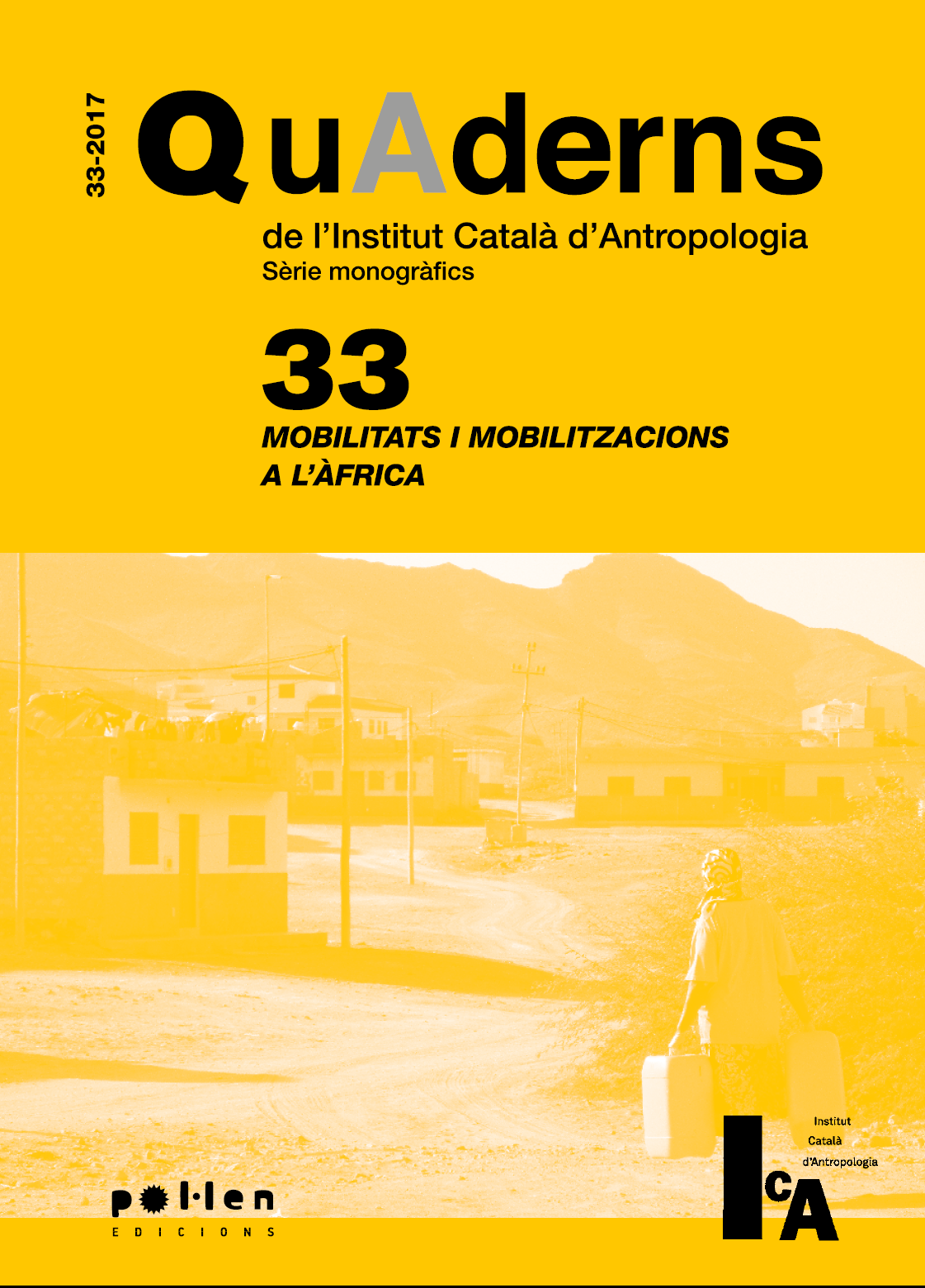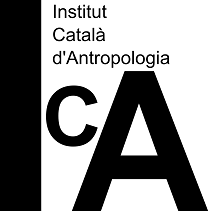Movilizaciones y movilidad de los bakoromans en Uagadugú (Burkina Faso): la itinerància callejera como recurso
Keywords:
Street’s children, capability, troubles, Burkina Faso, emergencyAbstract
This article focuses on the mobilizing process specific to the recurrent and problematic trajectories of the bakoroman in their urban experience. By following their cyclical round trips between family homes, the street and the residential shelter during an ethnographic research in Ouagadougou, the ordinary situations of unrest faced by them, as well as the institutional contours of social work focused on the remedies to be found to the degradation of street children. The investigation demonstrates the potentials linked to the capability and practical adjustments that lead to the oscillatory and transitional mobility specific to the street experience. These potentialities help us to question the ideal-types which subject realities to moral and / or rational projections (the “exit from the street”), thus apparently neglecting the difficulties linked to contexts where the just is only possible in the test of urgency. The capability richness of the intermittent and versatile relation to the street spreads out as soon as unrest functions as a stepping stone to action, and the unsuspected biases of an “ordinary decency” appear.Downloads
Download data is not yet available.
Global Statistics ℹ️
Cumulative totals since publication
|
163
Views
|
84
Downloads
|
|
247
Total
|
|
Downloads
Published
2018-12-01
How to Cite
García Sánchez, P. J. . (2018). Movilizaciones y movilidad de los bakoromans en Uagadugú (Burkina Faso): la itinerància callejera como recurso. Quaderns De l’Institut Català d’Antropologia, (33), 13–30. Retrieved from https://publicacions.antropologia.cat/quaderns/article/view/119
Issue
Section
ARTICLES
License
Distributed under the terms of the Creative Commons Attribution 4.0 International Use and Distribution License (CC BY-NC-SA 4.0)




